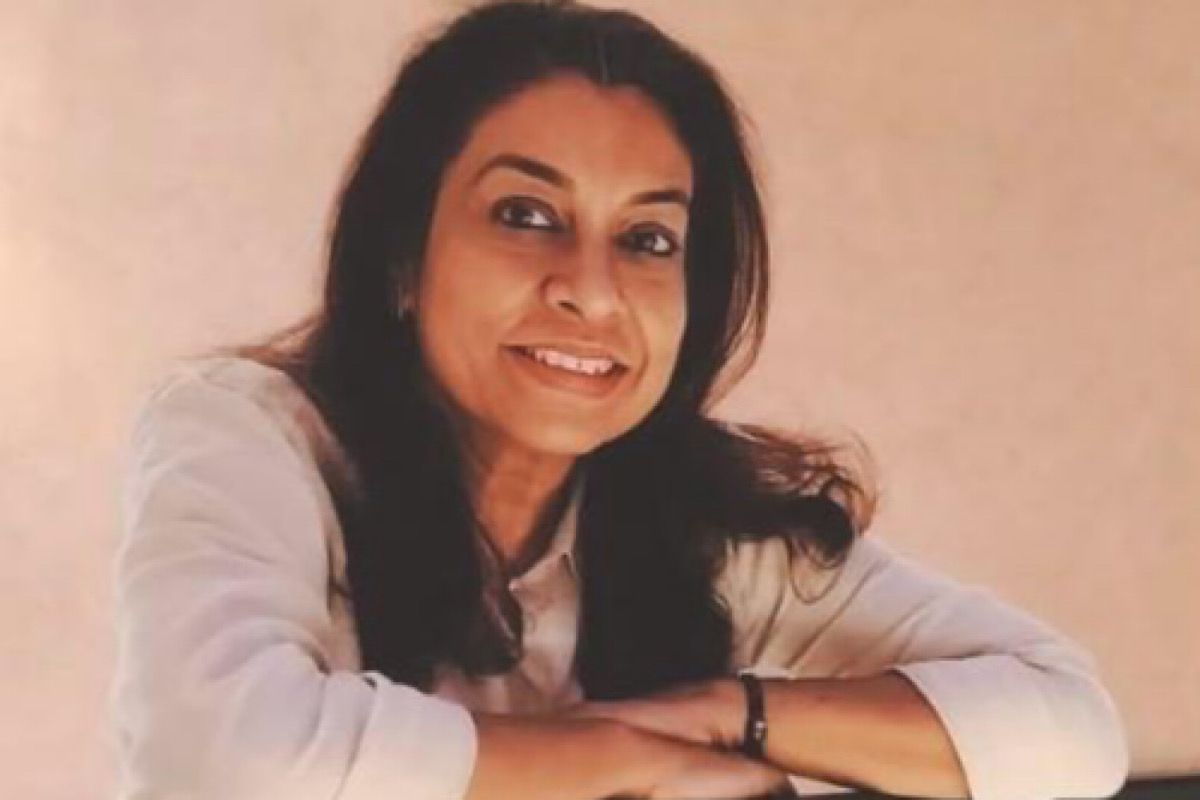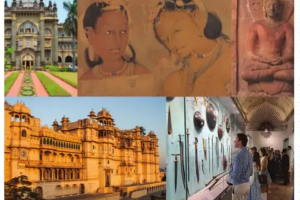The Statesman talks to people in different professions about why they chose their particular field and what advice they have for youngsters who want to pursue it as a career. This week, Grace Andrew interviews Sabarni Das, she was a fashion journalist and is a National Award winning costume designer who has worked on a number of films.
What made you choose to be a costume designer?
I was in awe of the whole concept. Even though I wasn’t a professional during my starting days since I had no fashion school background, I always had a keen interest in this niche. Even when I was working for a reputed Bengali magazine, I was a key member of the fashion department. My mother was also a huge influence as she gave me my beginner’s lesson on understanding Indian textiles, which was useful for my career.
Where did you study and did your school or college life impact you in any way?
I studied in a Bengali medium government school and then I joined college. I did a masters in Bengali literature, and then I joined a reputed Bengali magazine. I was very lucky that I didn’t have to struggle during my initial career days but I had to struggle after leaving the magazine since I had to learn a lot. What I had learned back in school was different compared to the knowledge I had gained while working.
What are some misconceptions that you have heard about your profession?
You see, there are several people who think that a background in fashion design is needed for this profession, while some think it’s not mandatory. You see, it’s like learning how to act versus having no prior knowledge or training on how to act. Actors who were trained know the technicalities of the job, such as where to stand or how to make a certain expression. But if someone has talent they can learn along the way and perfect their skill. My profession is also like that. People who went to fashion school might find it easier to explain the technicalities of designing a clothing piece from the very beginning. With no such expertise in the beginning, I had to inculcate the knowledge in due course of time, and now, I can explain to someone how to do any task effortlessly and efficiently.
What are some of the basics that every designer should be well acquainted with?
First of all, you need to know what you are doing. Is the film set in 2024 or 1820? One needs to have a good hold on the basics. Then you can start understanding the character, as well as the economic background of the character, and then you need to patiently learn the script. Next, you have to be well-connected to the other departments. Film is a profession that has many departments. Together the vision comes to light.
What advice do you have for people who want to take up this career?
For a regional film… I don’t want to dishearten them but money is very little. Very, very little. Film is a very unknown territory. You don’t know if it will be a hit or not. You don’t know if the director will pay you or not. You have to be mentally prepared when entering this industry because there will be struggle. You need to have a passion for and knowledge of clothing, time, and the characters. There are several things you will learn while doing your job; embrace them. For Bengali films, where the budget is low, you need to utilize your sources well. There often have been times when we had to give our own clothes to the actors because the characters had to look right.











